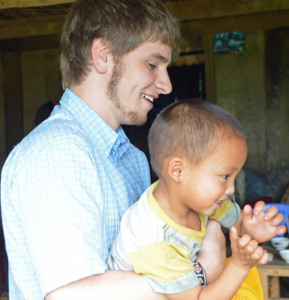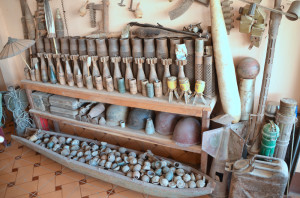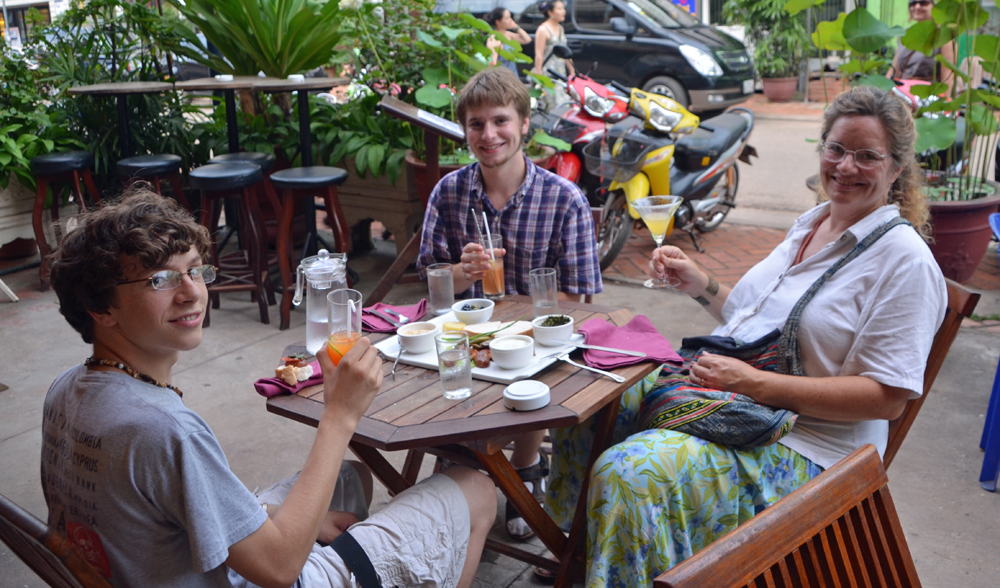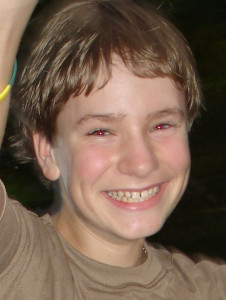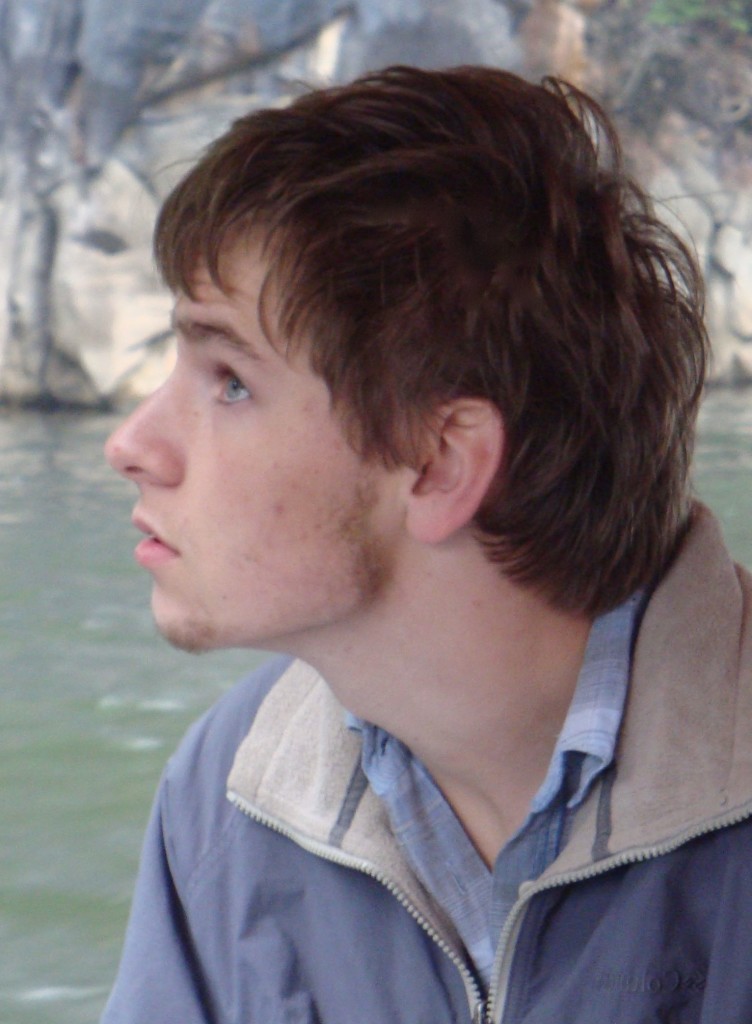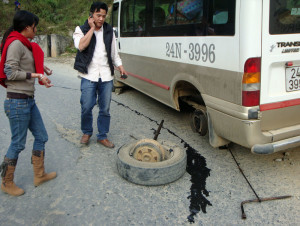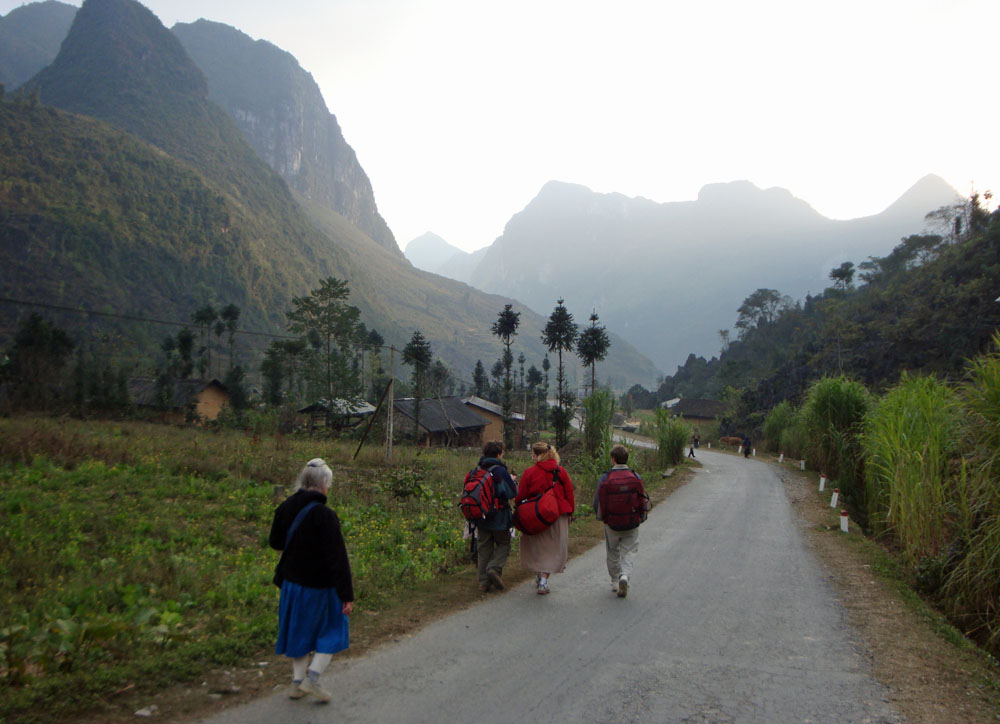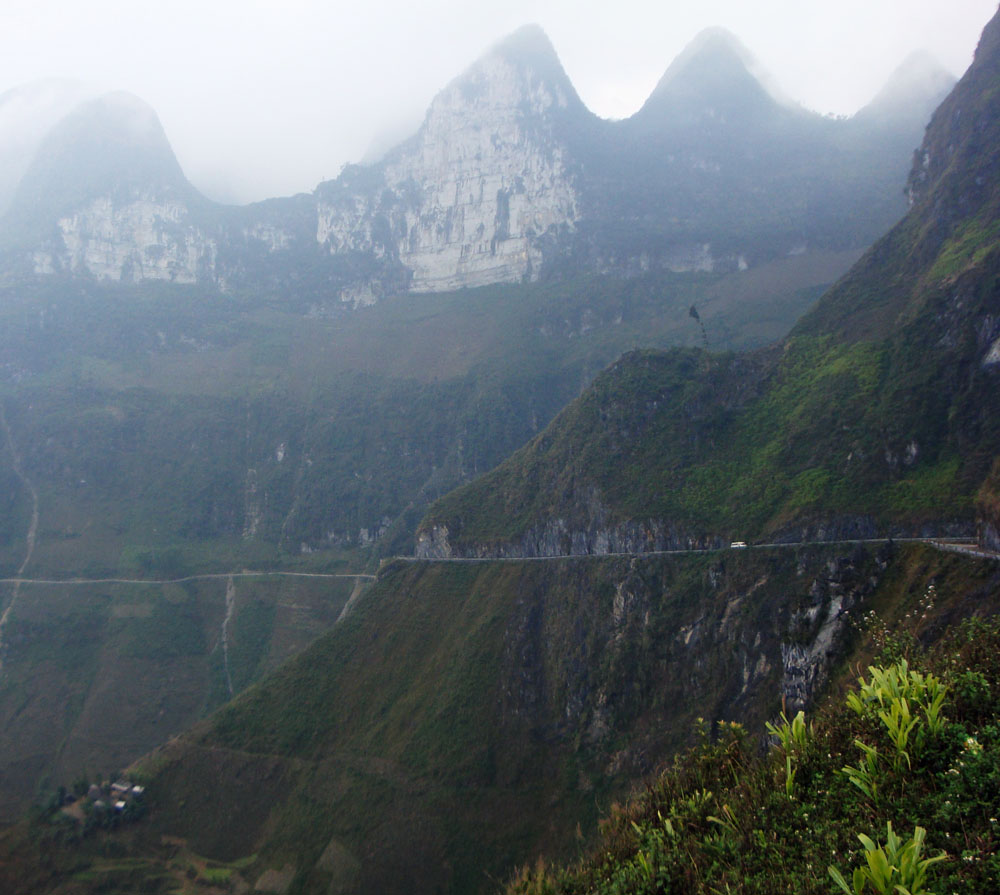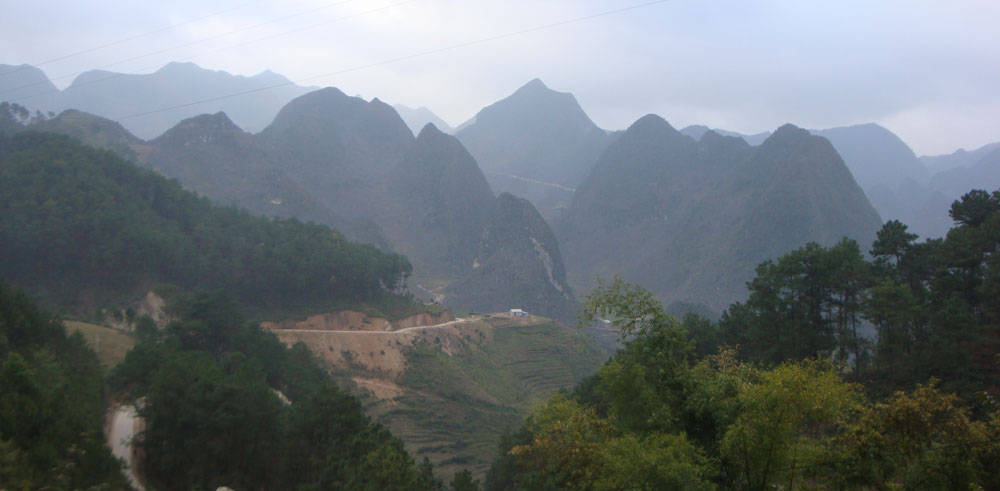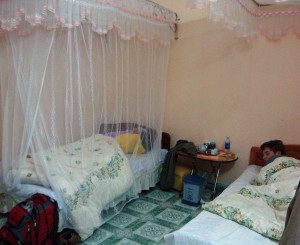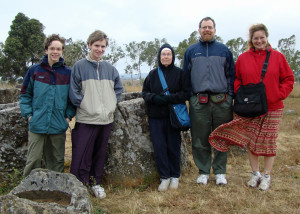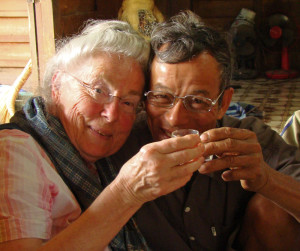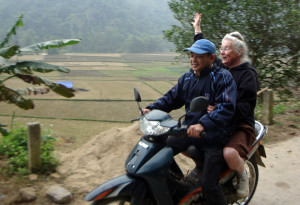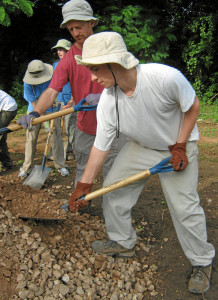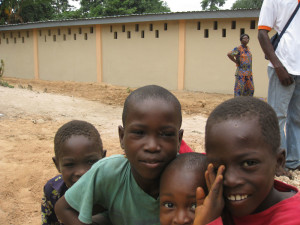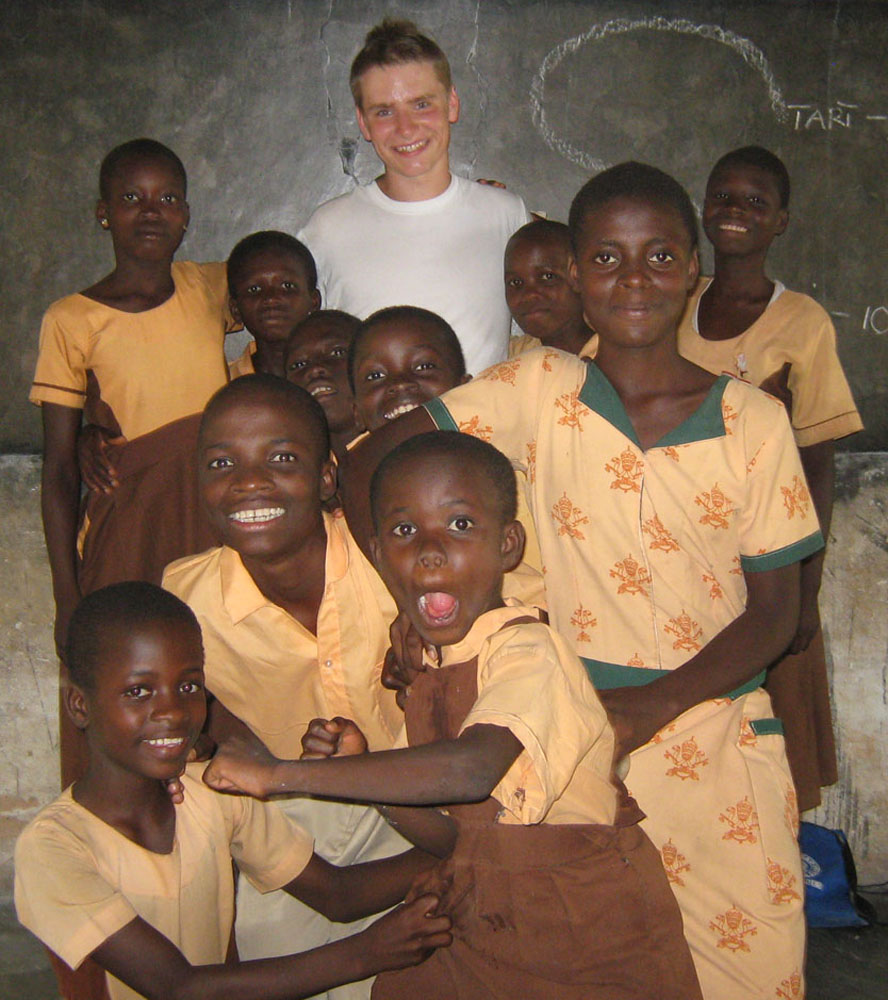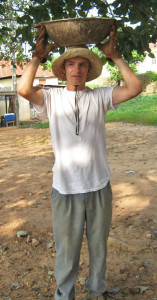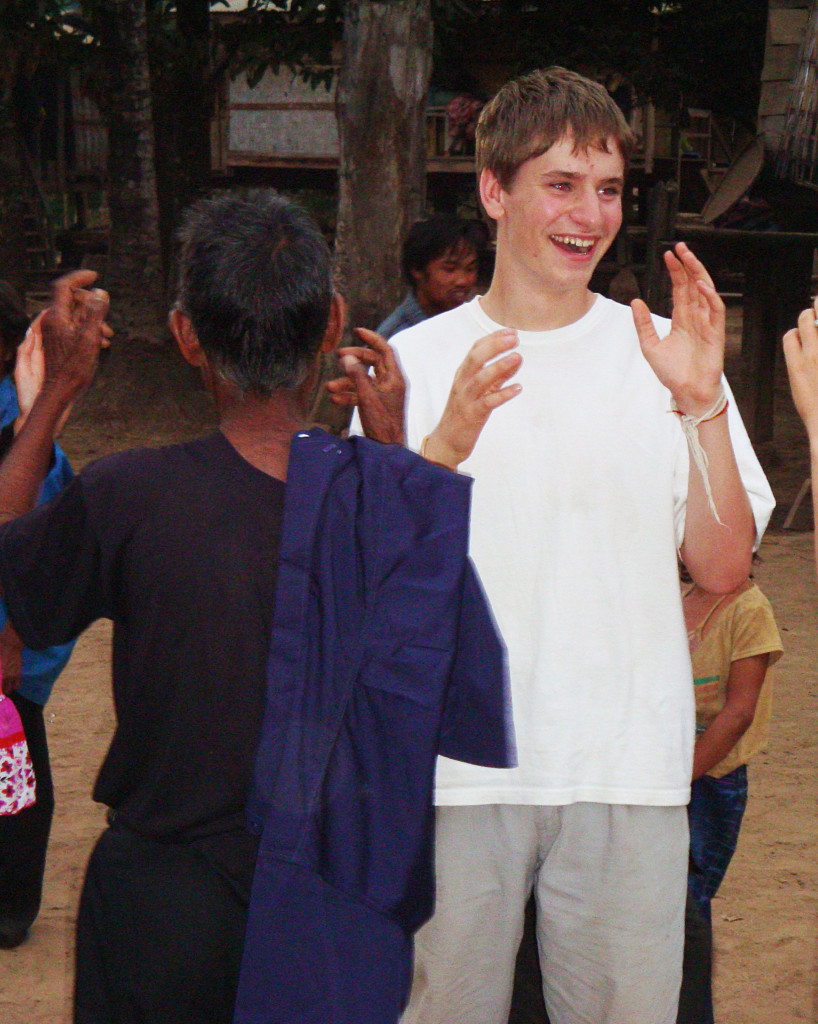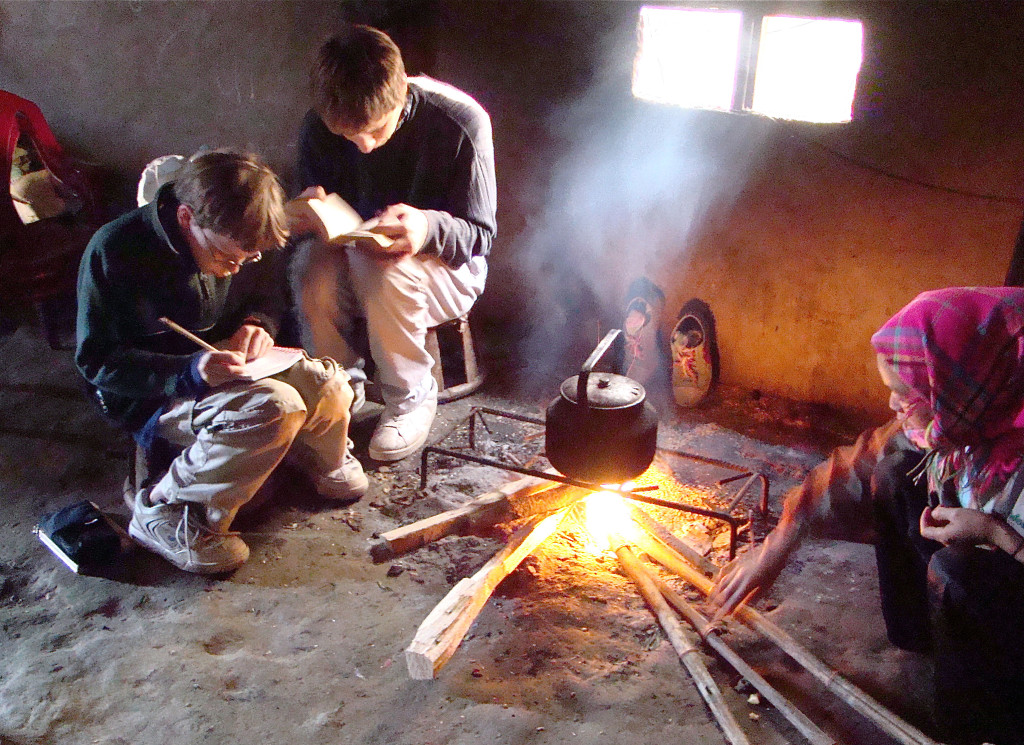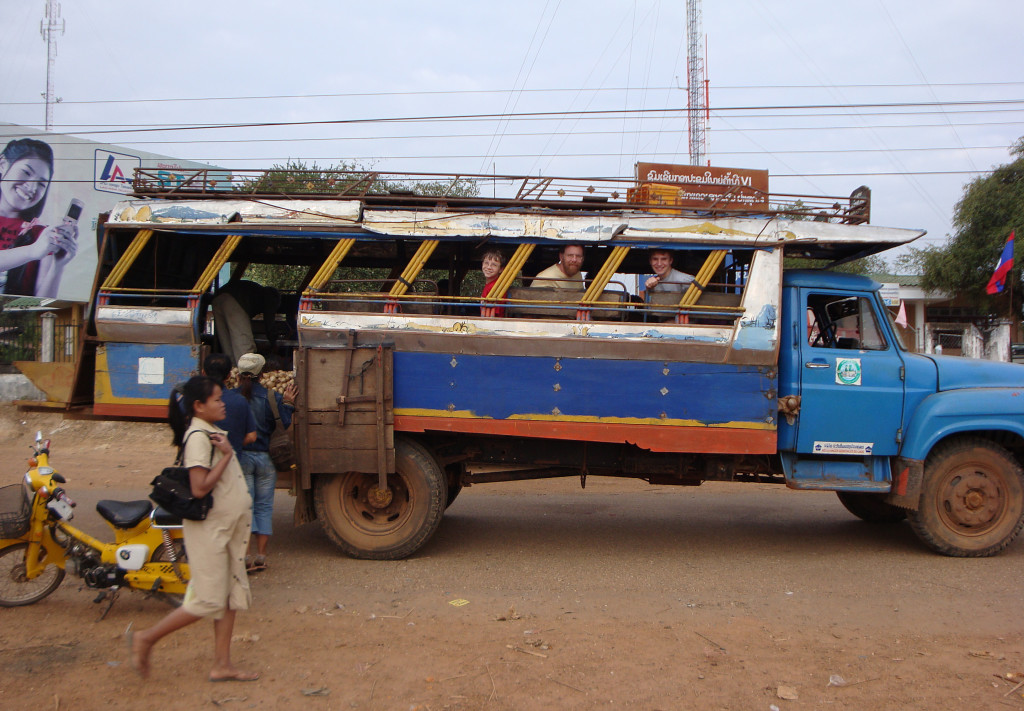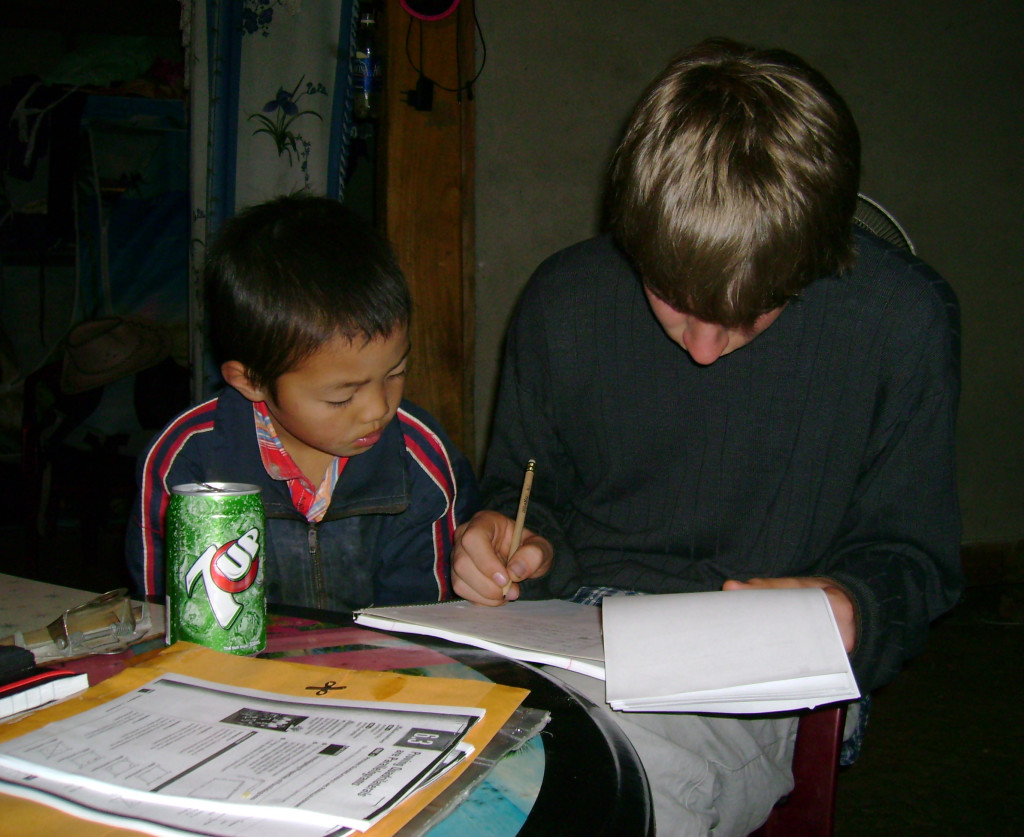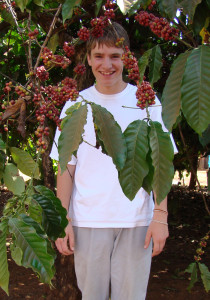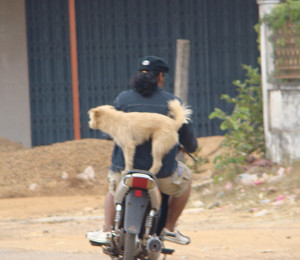Ari Interns for MAG in Laos
Our 19-year-old son, Ari, traveled regularly with us until this last year. Here he submits his own summer ventures:
For the last two months I have been an intern in Vientiane, Laos for the Mines Advisory Group (MAG), a non-profit, nongovernmental organization whose mission is to help civilians recover from the atrocities of war – in Laos, MAG’s work strives to minimize the threat of unexploded ordnance (UXO) left from the Vietnam (“American”) War.
My primary mission was to complete the initial paperwork for establishing a visitors’ information centre (VIC) (yes, the English spelling since MAG is UK-based) in Vientiane. I first had to do quite a bit of research to back up the fact that a VIC in Vientiane was a good investment. This was the best part of my work there. In order to establish that there was a demand, I stood in the tourist section of town and chatted with anyone who didn’t look local while explaining MAG’s mission, the problem of UXO in Laos, and getting people to fill out surveys. It was fantastic to go out and talk with people about an issue that is pertinent to the everyday lives of locals. I was amazed how many people were completely unaware of not only MAG’s work, but also the fact that there are UXOs littering Laos.
I also got to work with the established VIC in Phonsavanh, a town in the heart of the UXO crisis, whose small MAG-info center has been greeting visitors for years. I spent several of my first days in Phonsavanh, familiarizing myself with the progress that had been made in the VIC since I had last been there as a tourist. MAG really had spiffed it up! The cinema for showing recently-made documentaries had been moved downstairs, the displays had been changed to be more visible, the merchandise had been rearranged and hung up, and a new sound system and projector screen had been installed in the cinema. On my visits to Phonsavan I was able to offer that VIC some advice on attracting more western tourists, but getting a VIC established in Vientiane, where there is a larger tourist crowd, will offer MAG a lot more exposure.
The last several weeks of my time in Vientiane were spent assisting other NGOs. I spent a week with the International Nongovernmental Organization (INGO) Network to update their directory of NGOs in Laos. Another week was spent with an organization called Learning House (LH). I went through their library and labeled the books so that they could be catalogued into a database. This work was surprisingly enjoyable. Since all of the books had been donated, some of them were a tad bizarre, like a book on why not to trust doctors and another on how coffee can kill you. My co-workers everywhere made everything more fun.
My internship was productive and enjoyable; my supervisor and the MAG team in Laos were patient and supportive. I owe special thank yous to Jennifer Lachman, director of MAG-USA, whose advocacy and support created the opportunity (I was MAG’s youngest intern ever, and the first from the U.S.), and Simon, my Vientiane supervisor, for putting me in a position to feel capable and valued. I am going to miss Vientiane and the people whom I met there (and a big “Hurrah” to all Hash-House Harriers, from Vientiane to Earlham!), but, by the time that I finished my work, I was ready to come home. I did miss my friends, family, and even Earlham College itself.

